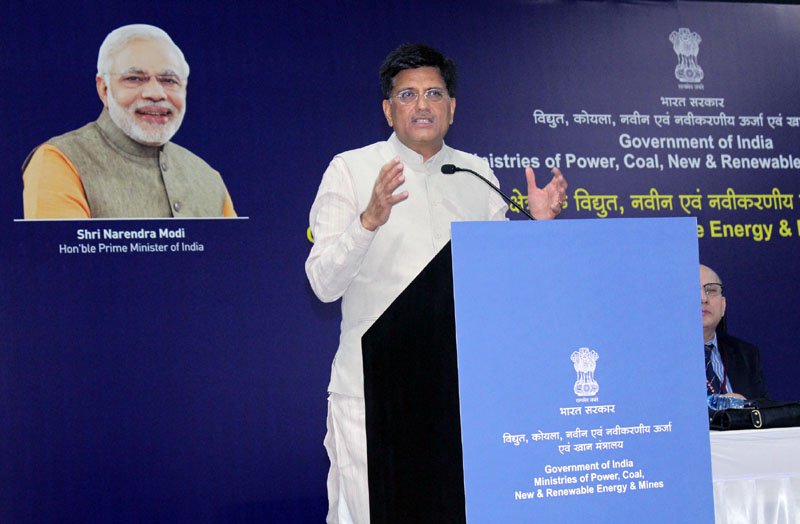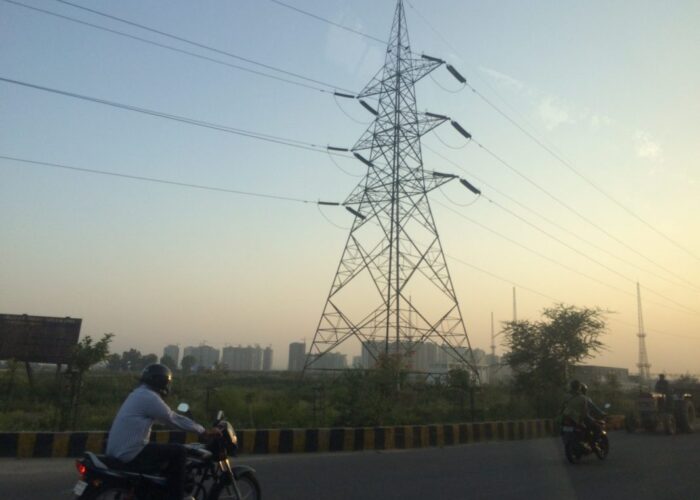
Indian minister for energy and mines Piyush Goyal has said that distribution companies (Discoms) failing to implement the priority status for renewbale energy plants is hampering the industry.
Goyal listed a range of major challenges to the renewables sector including states governments failing to sign Power Purchase Agreements (PPAs), delayed payments for power as well as non-compliance of the renewable purchase obligation (RPO).
Try Premium for just $1
- Full premium access for the first month at only $1
- Converts to an annual rate after 30 days unless cancelled
- Cancel anytime during the trial period
Premium Benefits
- Expert industry analysis and interviews
- Digital access to PV Tech Power journal
- Exclusive event discounts
Or get the full Premium subscription right away
Or continue reading this article for free
Various major solar tenders in India last year saw PPA signings backed up for several months causing major concern for developers who had won capacity, especially in Telangana. Meanwhile, Mercom has cited minor payment issues for solar in Rajasthan and Tamil Nadu as well as significant wind payment delays in multiple states.
Goyal said that failure to comply with renewables’ ‘Must Run' status and these other matters would prevent the country from meeting its ambitious targets, which include the well-known 100GW solar target for 2022. He also urged for cooperation between each state.
MNRE has already written to Central Electricity Regulatory Commission (CERC) to prioritise solar over thermal energy after curtailments of solar seen in Tamil Nadu.
Consultancy firm Mercom Captial Group reported that Goyal is examining how to enforce or penalise states that ignore the priority status for renewables.
Raj Prabhu, Mercom chief executive, said: “India’s renewable energy target of 175GW by 2022 is very aggressive. The government needs to remove hurdles like non-compliance of must run status of renewables by Discoms to have a chance to meet the installation goal.”
Much has been written about the grid constraints that are likely to affect Indian solar in the future, along with the financial woes of the Discoms. However, in a major boost to the energy industry at large, Indian news outlet Economic Times reported this week that the government’s Ujwal Discom Assurance Yojna (UDAY) package, aiming to alleviate the Discoms ballooning debt had started to show its first signs of success. Indeed, eight out of 16 states signed up to UDAY now have a lower gap between their average cost of electricity supply and average cost of realisation.






